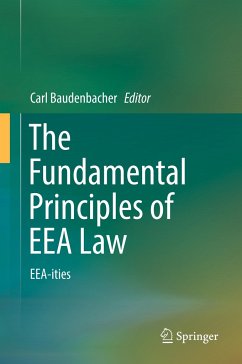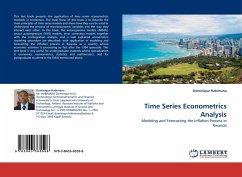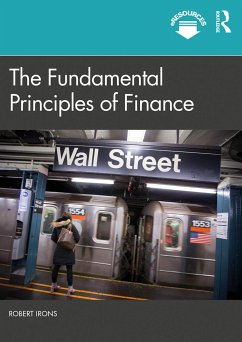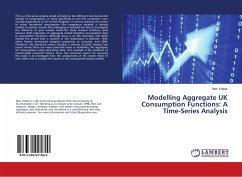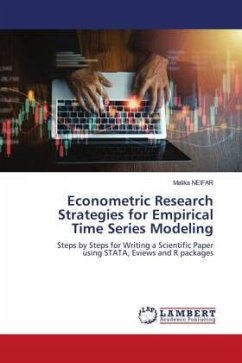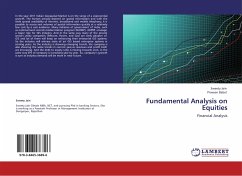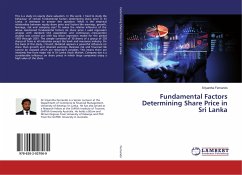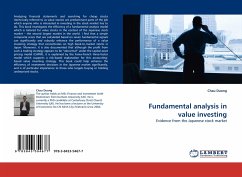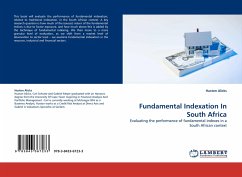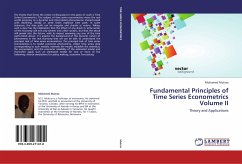
Fundamental Principles of Time Series Econometrics Volume II
Theory and Applications
Versandkostenfrei!
Versandfertig in 6-10 Tagen
52,99 €
inkl. MwSt.

PAYBACK Punkte
26 °P sammeln!
The theme that forms the center of discussions in this piece of work is Time Series Econometrics. The subject of time series econometrics views the real world economy as a dynamic and interrelated phenomenon characterized with declining, steady or some times explosive time path. In some instances, the time path can be irregular and chaotic in nature. Taking such a view has the implication that the effect of any shock in some sector of the economy will not only simmer into other sectors, but that the shock will persist into the future, with its impact assuming any one of the time paths listed a...
The theme that forms the center of discussions in this piece of work is Time Series Econometrics. The subject of time series econometrics views the real world economy as a dynamic and interrelated phenomenon characterized with declining, steady or some times explosive time path. In some instances, the time path can be irregular and chaotic in nature. Taking such a view has the implication that the effect of any shock in some sector of the economy will not only simmer into other sectors, but that the shock will persist into the future, with its impact assuming any one of the time paths listed above. It is against the background of this dynamic nature of phenomena in the real economy that we can be able to understand the principal task of time series econometrics. The principal task of time series econometrics is to model economic phenomena, collect time series data corresponding to such models, estimate the model, establish the statistical, the econometric and the economic reliability of the estimated model and thereafter apply such an estimated model for one or more of the following: diverse simulations for policy making; economic forecasting




